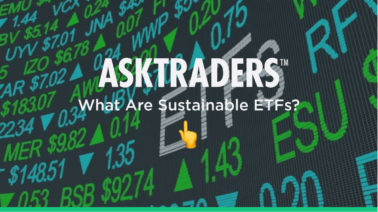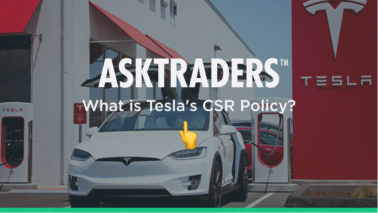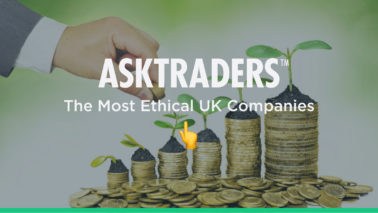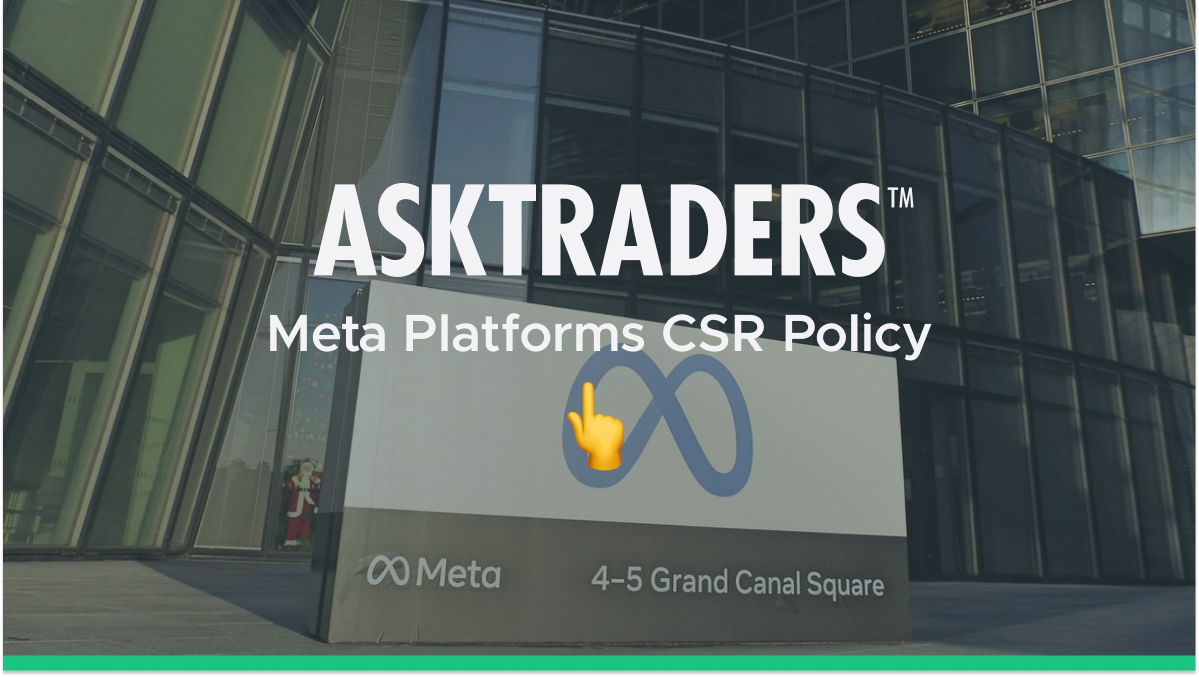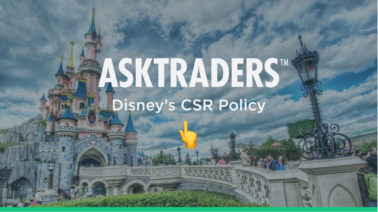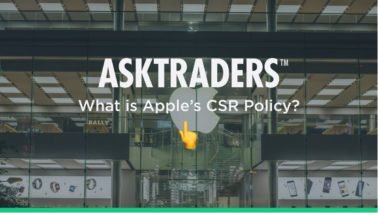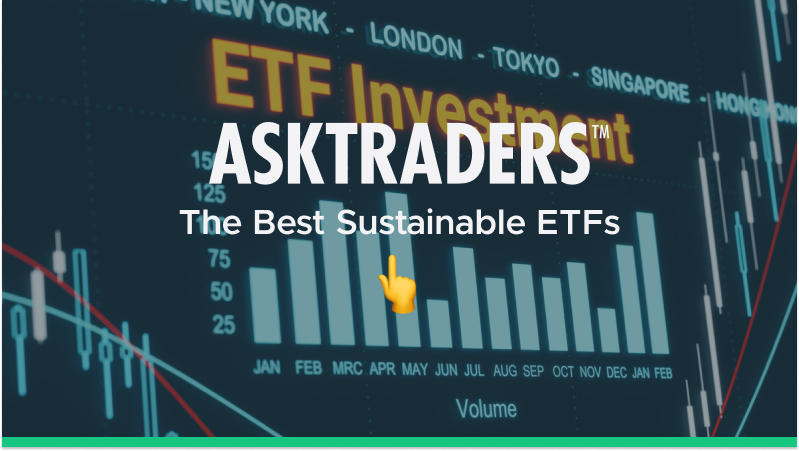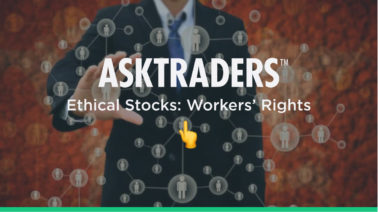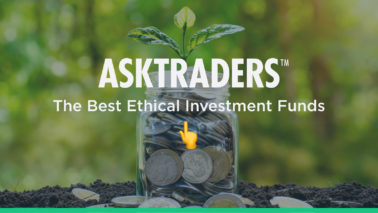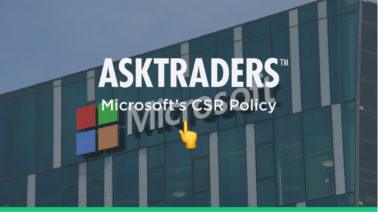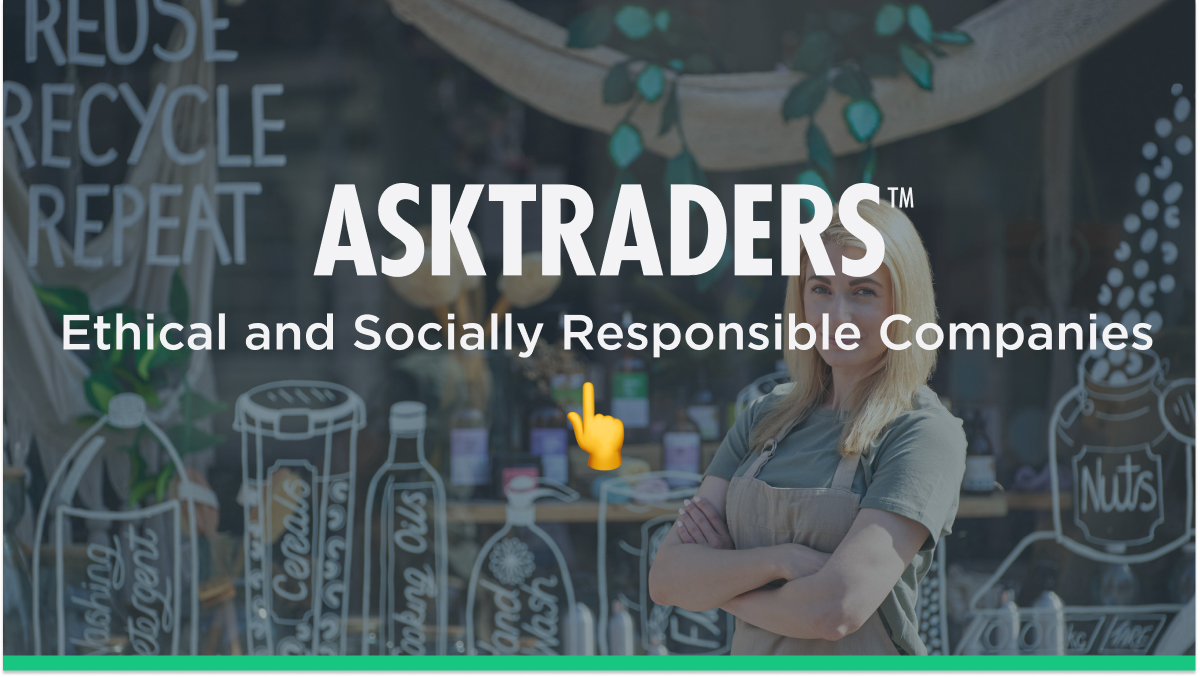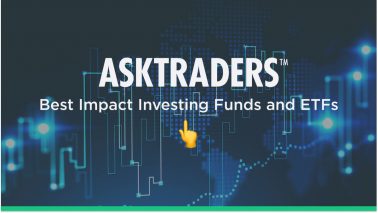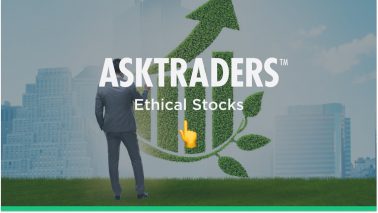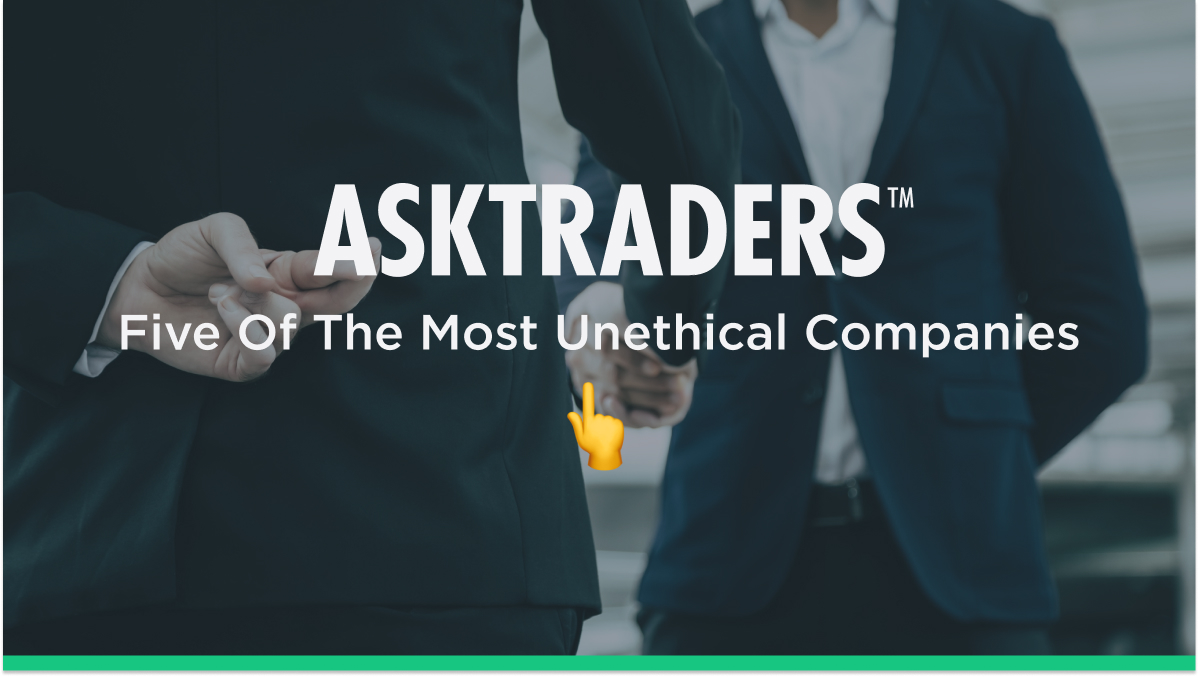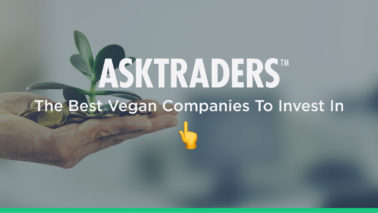Ethical Trading (28)
Many major corporations exploit loose regulations and corrupt officials by doing business in countries where child labour or pollution are not strictly controlled. Being a part of the chain that makes a profit of such things would not be right. That’s why we selected stocks and ETFs from morally conscious corporations and created a series of beginner-friendly guides to jump-start your ethical trading journey.
Why learn ethical trading?
Ethical trading in the broad sense is about buying products or services from socially responsible companies and countries. In the context of the financial markets, ethical trading is about investing in products and firms that generate value for investors. It is also about maintaining moral principles by avoiding insider trading and misdeeds that could damage public trust and erode investor confidence.
It is vital to learn ethical trading to make moral investment decisions and exemplify an inclusive trading framework when dealing in the financial markets.
Is high-frequency trading ethical?
High-frequency trading is the process of executing system-generated orders in the blink of an eye. High-frequency trading has a competitive edge over the other traders who do have access to expensive, super-fast computers.
That said, high-frequency trading is ethical, and it does not break any law because the trades are on pre-programmed strategies with every possibility of making losses. On the contrary, insider trading has an illegal competitive advantage since the trader has prior information on the likely outcome of a particular asset class.
Is forex trading ethical?
Yes, forex trading is ethical as long as market participants do not manipulate currencies prices to profit from its strength or weakness. Forex trading is a decentralised global marketplace to trade currencies with an estimated average daily turnover of over $5 trillion.
Large banks and financial institutions that acquire prior information and place trades ahead of a significant commercial transaction come under the category of insider or unethical trading. One instance of insider trading unravelled in 2015 in which forex traders from some of the biggest global banks were involved in manipulating the foreign currency fix for several years.
Is day trading ethical?
Yes, day trading is ethical. Any form of day trading that does not question a trader’s morality is ethical. There’s nothing wrong in using active strategies like scalping to profit from market inconsistencies or to enter and exit positions by the end of the day.
However, the morality of day trading is debatable when you carry out unethical trading based on insider information.
What are ethically traded products?
Ethically traded products are those that are socially, economically and environmentally sustainable. These products were made by companies that respect the workers’ rights in their entire production chain. Ethically traded products are broadly from the food, garment, shoes and toys industries and one way of identifying them is to look for products that carry a “Fairtrade Mark.”



